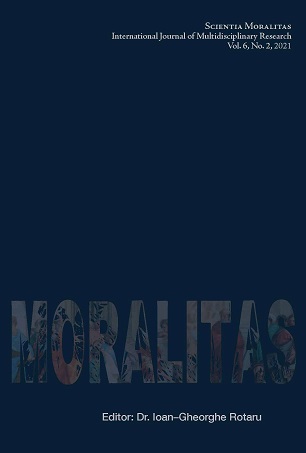Is Polite Behavior Always Positively Marked? The Role of Sincerity in Politeness in an Arab Context
Is Polite Behavior Always Positively Marked? The Role of Sincerity in Politeness in an Arab Context
Author(s): Cherifa BenkaddourSubject(s): Semiotics / Semiology, Communication studies, Pragmatism, Behaviorism
Published by: Scientia Moralitas Research Institute
Keywords: first and second order politeness; negative markedness of politeness; politeness;
Summary/Abstract: In this paper, polite/politic linguistic behavior, introduced in Locher and Watts (2005) and which may be used insincerely, was investigated at a first order level of kind. The method followed is that of Spencer-Oatey (2011) who examined the emotions and (im)politeness judgements that people recount in metapragmatic comments and interviews. Thus, the participants of this study were invited to show their own perceptions, and evaluations about polite/politic but insincere linguistic behavior of any individuals behaving with them as such in a purely Arabic context. The responses were analyzed quantitatively. One interesting finding was that this kind of insincere polite/politic behavior was negatively marked unlike what was introduced in the diagram of relational work by Locher and Watts (2005) and which was clearly described as positively marked. This study shows that polite/politic behavior in the spectrum of relational work with judgment (c) ignores the fact that insincerity in polite behavior can generate negative markedness and hence can cause relationship breakup, although it is superficially polite and appropriate.
Journal: SCIENTIA MORALITAS - International Journal of Multidisciplinary Research
- Issue Year: 6/2021
- Issue No: 2
- Page Range: 49-66
- Page Count: 18
- Language: English

